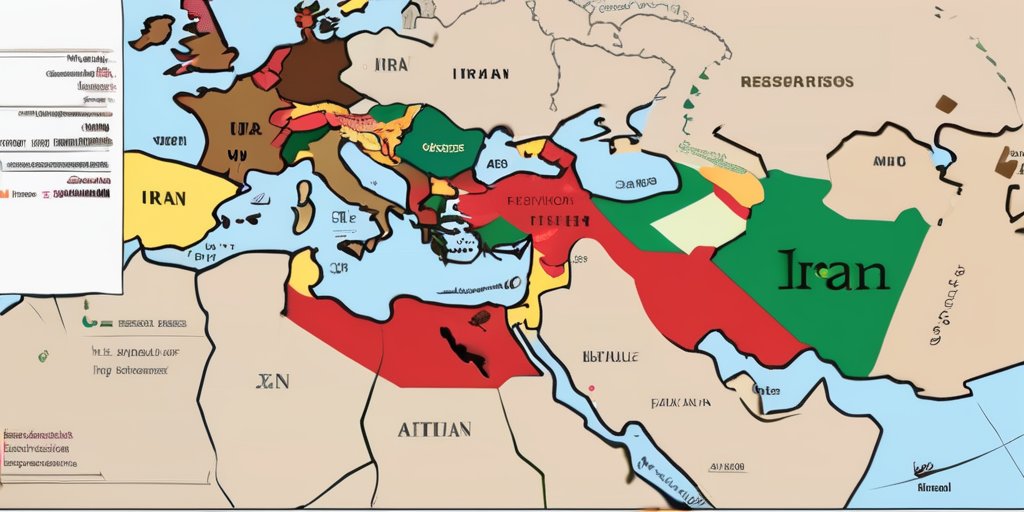Tensions between the UK and Iran are escalating, particularly in light of recent military threats and geopolitical maneuvering. It was a stark reminder of their intertwined history when a British businessman, reflecting on the discovery of oil in Persia over a century ago, expressed relief at solving cash issues. However, the narrative has shifted dramatically as the UK finds itself navigating a complex landscape laden with historical baggage and modern threats.
Ministers are keen to focus on domestic policies and their upcoming industrial strategy, but the pressing Iranian situation cannot be ignored. The UK’s historical involvement in Iranian affairs is extensive, involving invasions and regime changes since the 20th century—including backing for the Shah until his regime fell in 1979.
Currently, the UK is grappling with two major threats: Iran’s nuclear ambitions and its recent aggressive actions, including missile launches towards Israel. Notably, amid these rising tensions, the UK police have responded to various threats, including recent disturbances outside the Iranian embassy sparked by opposing protest groups.
The urgency escalated when U.S. President Donald Trump hinted at possible American military actions against Iran’s nuclear facilities, prompting swift diplomatic movements from Foreign Secretary David Lammy, who flew to Washington to discuss the situation. Previously successful diplomatic engagements with Iran were undercut as concerns mounted over Trump’s next steps, with sources indicating his indecisiveness might provide a temporary respite for the UK to recalibrate its approach. However, Trump’s inclination for military solutions looms large, complicating the UK’s diplomatic efforts.
While Lammy engages in talks in Geneva with Iranian officials, skepticism remains about the effectiveness of European diplomacy, especially against Trump’s prevailing influence in American foreign policy. The lack of a cohesive UK strategy towards Iran leaves many officials questioning the long-term consequences of potential American military involvement, especially if retaliation from Iran follows.
International law further complicates the landscape, with potential military actions raising significant legal concerns about justification and potential repercussions internationally. The UK government would require a solid legal basis to support any U.S. decisions regarding military action in Iran, especially given the contentious history surrounding past military interventions.
As political debates intensify, particularly within the Labour party reflecting on the ramifications of previous conflicts, the question remains: How will the UK align its strategy with Trump’s America without incurring domestic backlash? Political leaders face a daunting task balancing their nation’s security interests against the backdrop of public sentiment towards military action in the Middle East.
Ultimately, whether Trump opts for military action against Iran remains uncertain, but the implications for the UK’s role in Middle Eastern politics could be profound, potentially shaping a substantial reevaluation of its foreign policy in the region.
